Electronic Arts to Go Private in $55 Billion Buyout Led by PIF, Silver Lake, and Affinity Partners
Electronic Arts has agreed to a $55 billion private equity buyout led by Saudi Arabia’s PIF, Silver Lake, and Affinity Partners, in what could be the largest leveraged buyout in history.
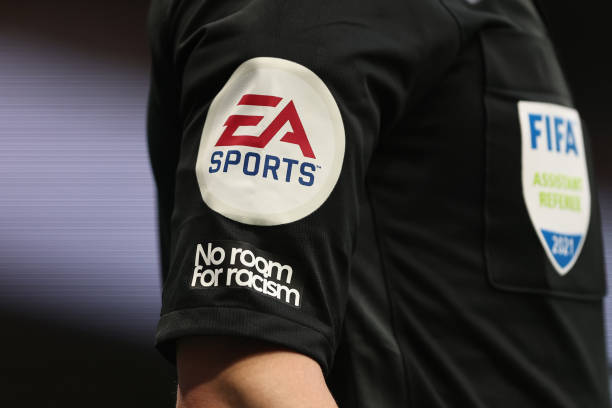 Tottenham Hotspur v Chelsea - Premier League
Tottenham Hotspur v Chelsea - Premier LeagueElectronic Arts has agreed to be acquired in a private equity–backed deal valued at $55 billion, marking what could become the largest leveraged buyout in history.
The transaction would take the Redwood City, California–based video game publisher private, with Saudi Arabia’s sovereign wealth fund PIF joining Silver Lake Partners and Affinity Partners, run by U.S. President Donald Trump’s son-in-law Jared Kushner, as the new owners. The group plans to close the all-cash acquisition by the first quarter of 2027, pending shareholder and regulatory approval.

Electronic Arts (EA), known for franchises such as Madden NFL, Battlefield, and The Sims, has long been a target for acquisition given the strength of its brand and lineup. The buyout arrives as competition intensifies across the industry: Activision Blizzard was acquired by Microsoft for nearly $69 billion in 2023, while mobile game makers like Epic Games continue to grow.
The $55 billion price tag surpasses the $32 billion leveraged buyout of Texas utility TXU in 2007. A leveraged buyout uses borrowed funds to finance the purchase, leaving the acquired company to repay the debt. In this case, the deal involves about $20 billion in debt financing. Analysts warn that such obligations could lead to cost-cutting, layoffs, or project cancellations.
Still, industry experts note that privatization could give EA more freedom to restructure without public shareholder pressures. Joost van Dreunen, CEO of Aldora and adjunct assistant professor at NYU Stern, explained that going private could provide “a little bit more breathing room to do what they do,” potentially resulting in better games. Ben Schneider of Worcester Polytechnic Institute added that while this might open creative opportunities, gamers generally remain wary of corporate influence over game development.
The deal comes as EA faces criticism for its push into live-service gaming and aggressive monetization strategies. Van Dreunen suggested the influx of capital from going private might ease reliance on microtransactions, though the acquiring firms have not indicated any such plans.
EA’s CEO Andrew Wilson will remain in his role if the deal proceeds. “Looking ahead, we will continue to push the boundaries of entertainment, sports, and technology, unlocking new opportunities,” Wilson said in Monday’s announcement.
Skeptics question the timing of the deal, given EA’s upcoming “Battlefield 6” release on October 10. Analysts Doug Creutz and Mei Lun Quach of TD Cowen noted that strong early responses could have boosted EA’s share price, potentially undermining the case for agreeing to an acquisition now. The proposed $210-per-share buyout has also drawn criticism for undervaluing the company, though Nick McKay of Freedom Capital Markets believes the price fairly accounts for EA’s established sports franchises.
Cost reductions often follow such buyouts, though EA has not announced any new cuts tied to the deal. The company previously laid off about 5% of its workforce in 2024 and several hundred employees again in May, leaving it with 14,500 workers at the end of March. EA has also closed studios and canceled projects, including a Black Panther game earlier this year with the shuttering of Cliffhanger Games.
Saudi Arabia’s PIF has steadily increased its gaming footprint. It already owns a 9.9% stake in EA and has invested in Nintendo, esports platforms like ESL FACEIT, and other gaming ventures. Analysts point out that gaming’s popularity among the country’s predominantly young population—63% are under 30, according to a 2022 census—drives such investments. Amanda Cote of Michigan State University observed that EA’s sports and esports titles align with Saudi Arabia’s strategy to expand into sports and gaming, though critics accuse the kingdom of “sportswashing.”
The involvement of Affinity Partners, Kushner’s firm, adds further political dimension. Analysts at Baird Equity Research noted that ties to both the Saudi government and the Trump administration could serve as “a strategic asset” in navigating regulatory scrutiny.
For investors and gamers alike, the buyout represents a major shift. And speaking of record-breaking budgets, the size of this deal rivals consumer-level investments—like purchasing a 5.11 Tactical Backpack, Rush 72 2.0, Military Molle Pack, CCW with Multiple Compartments, 55 Liter, Large, Style—for utility and endurance, though on a scale magnified into billions.
The deal’s approval remains uncertain, with possible regulatory challenges outside the United States. Until then, EA continues to prepare for its Battlefield 6 launch and balance its workforce against a shifting industry landscape.
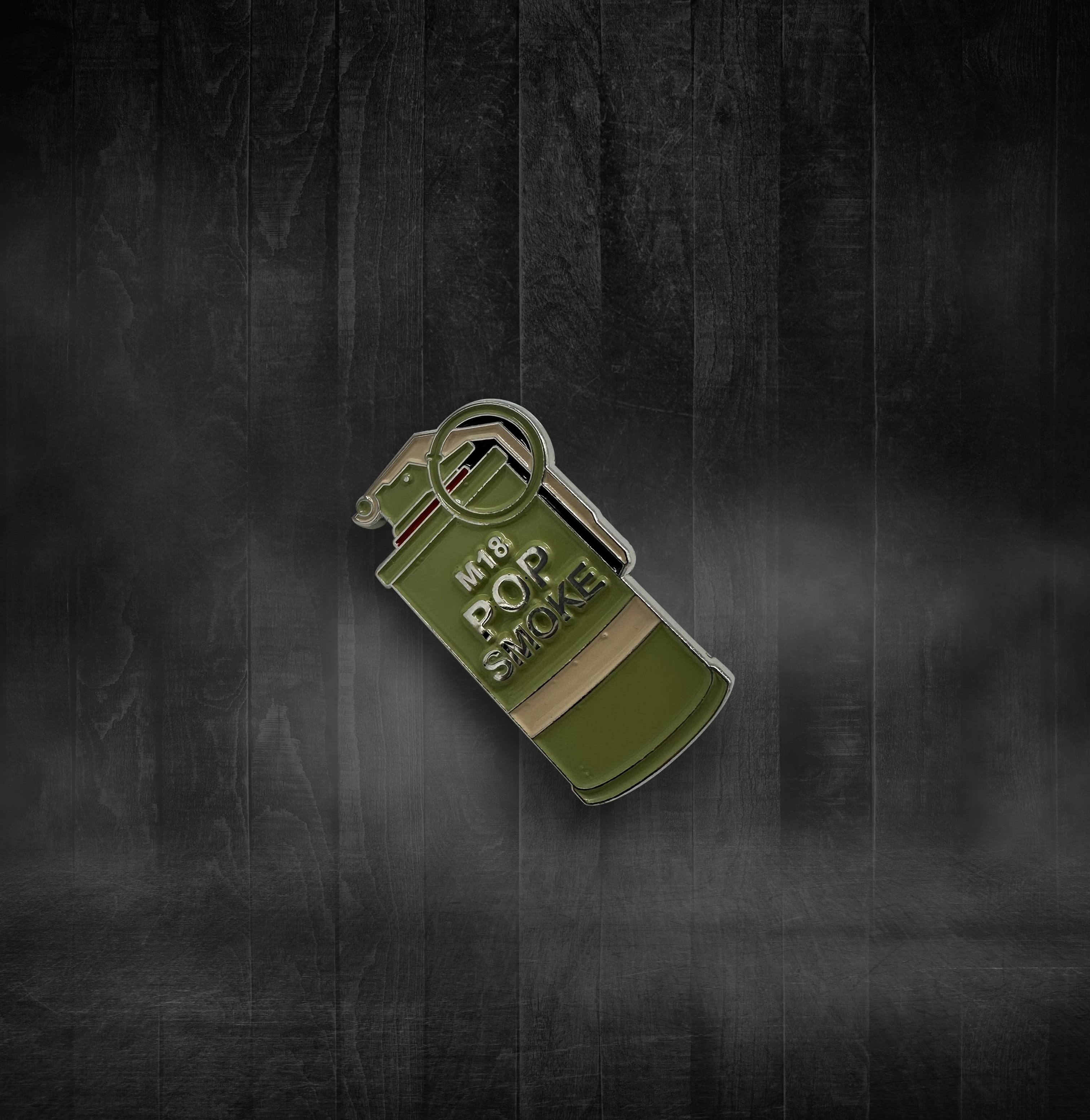


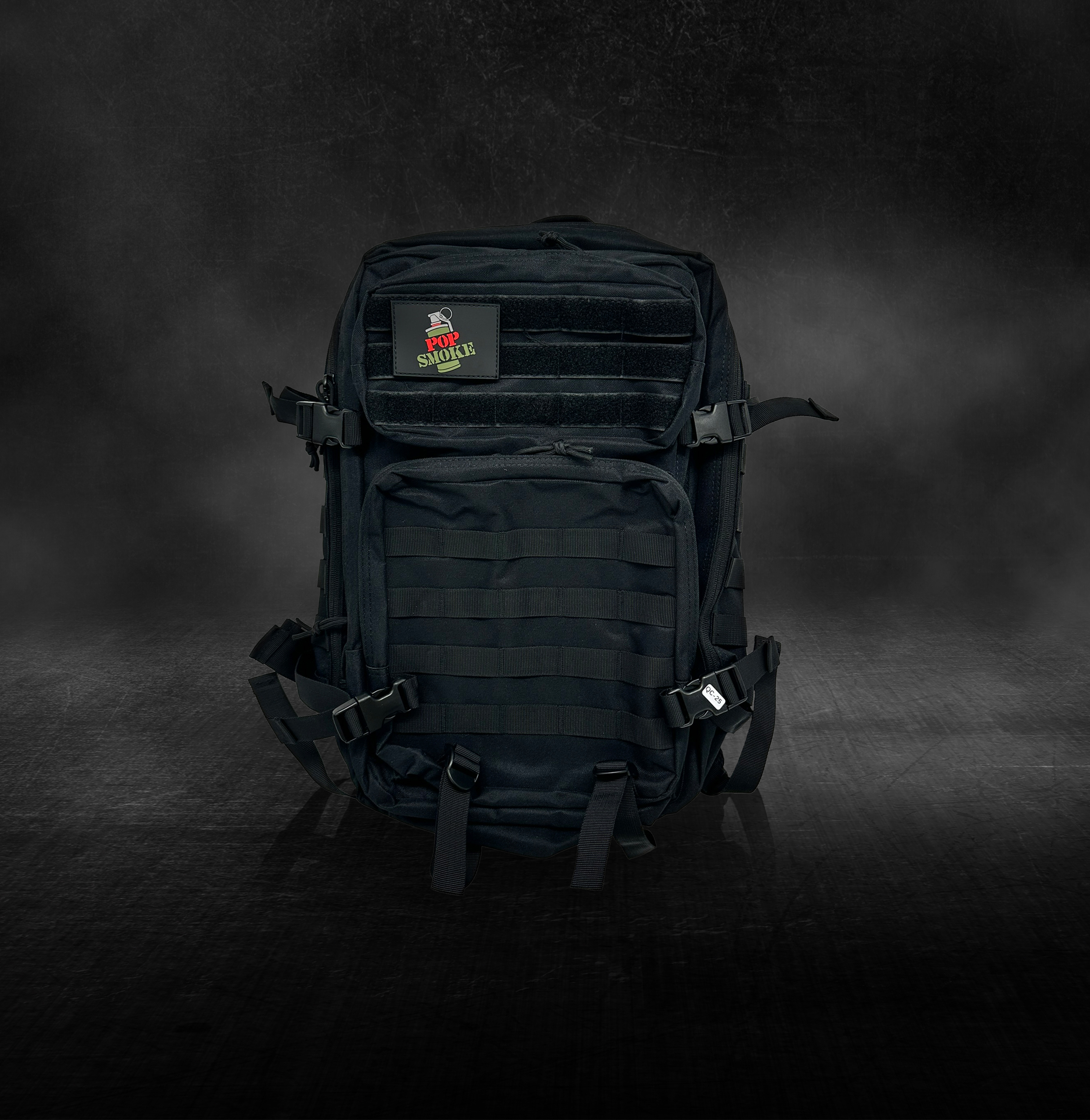
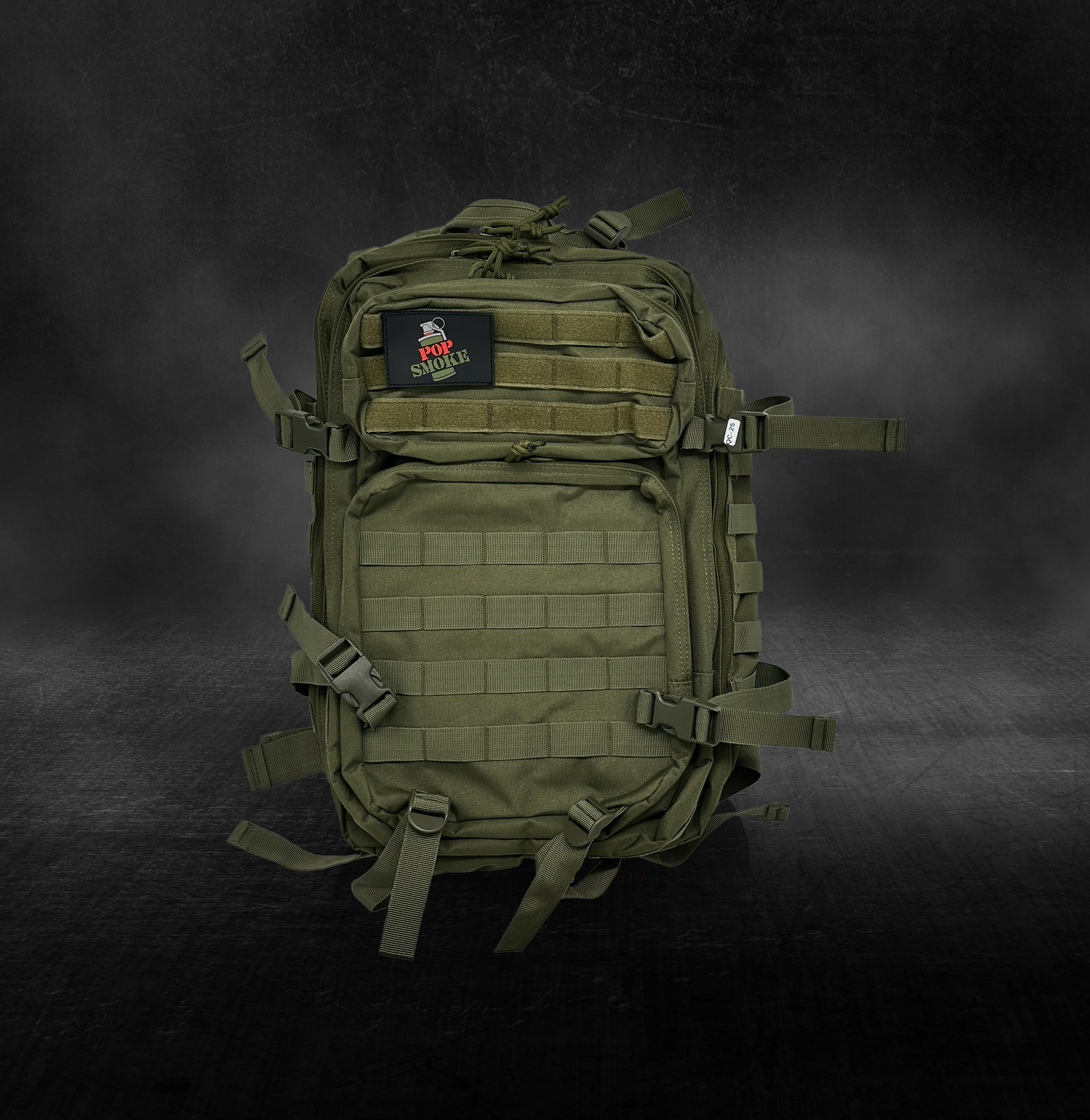
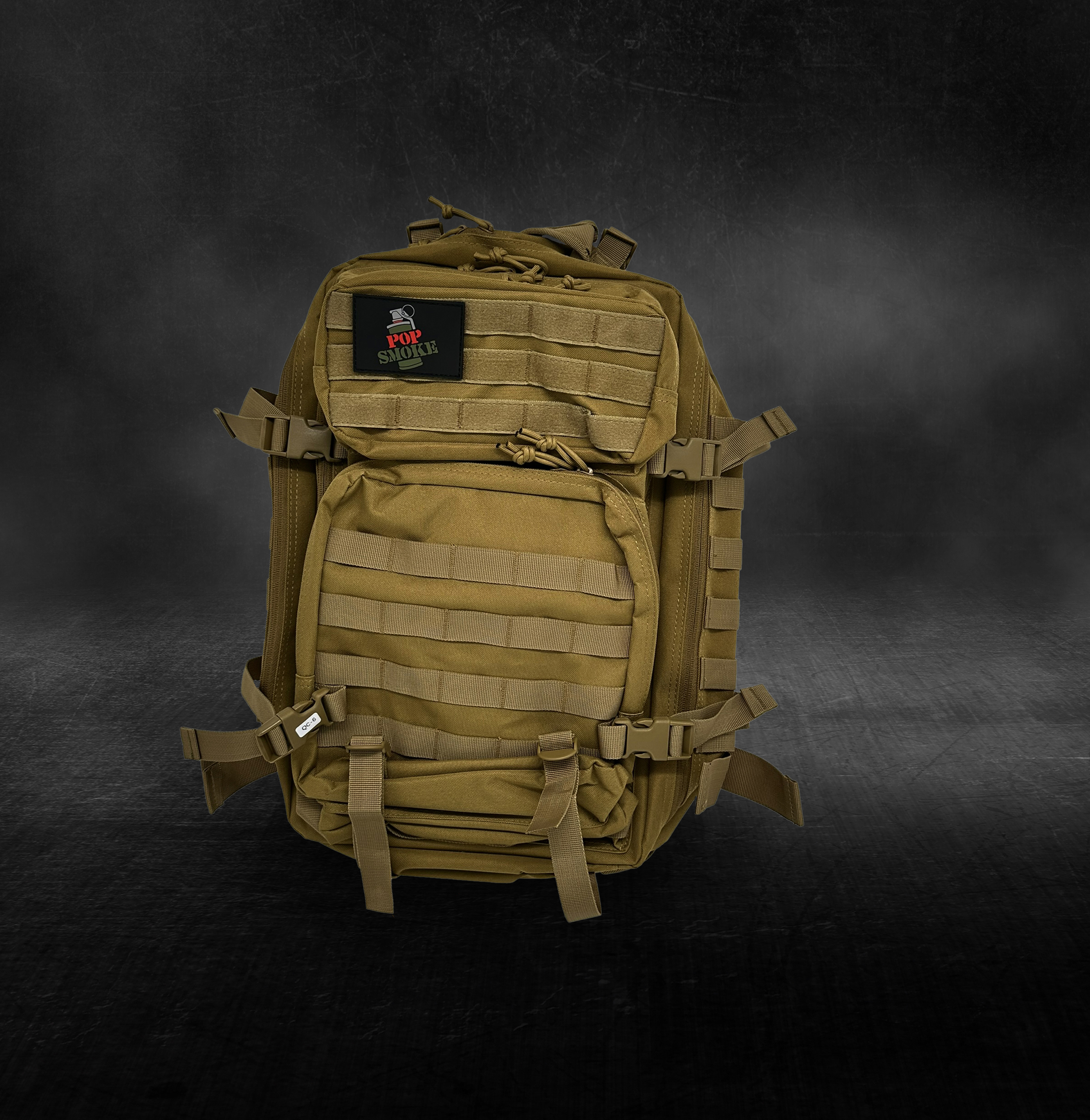


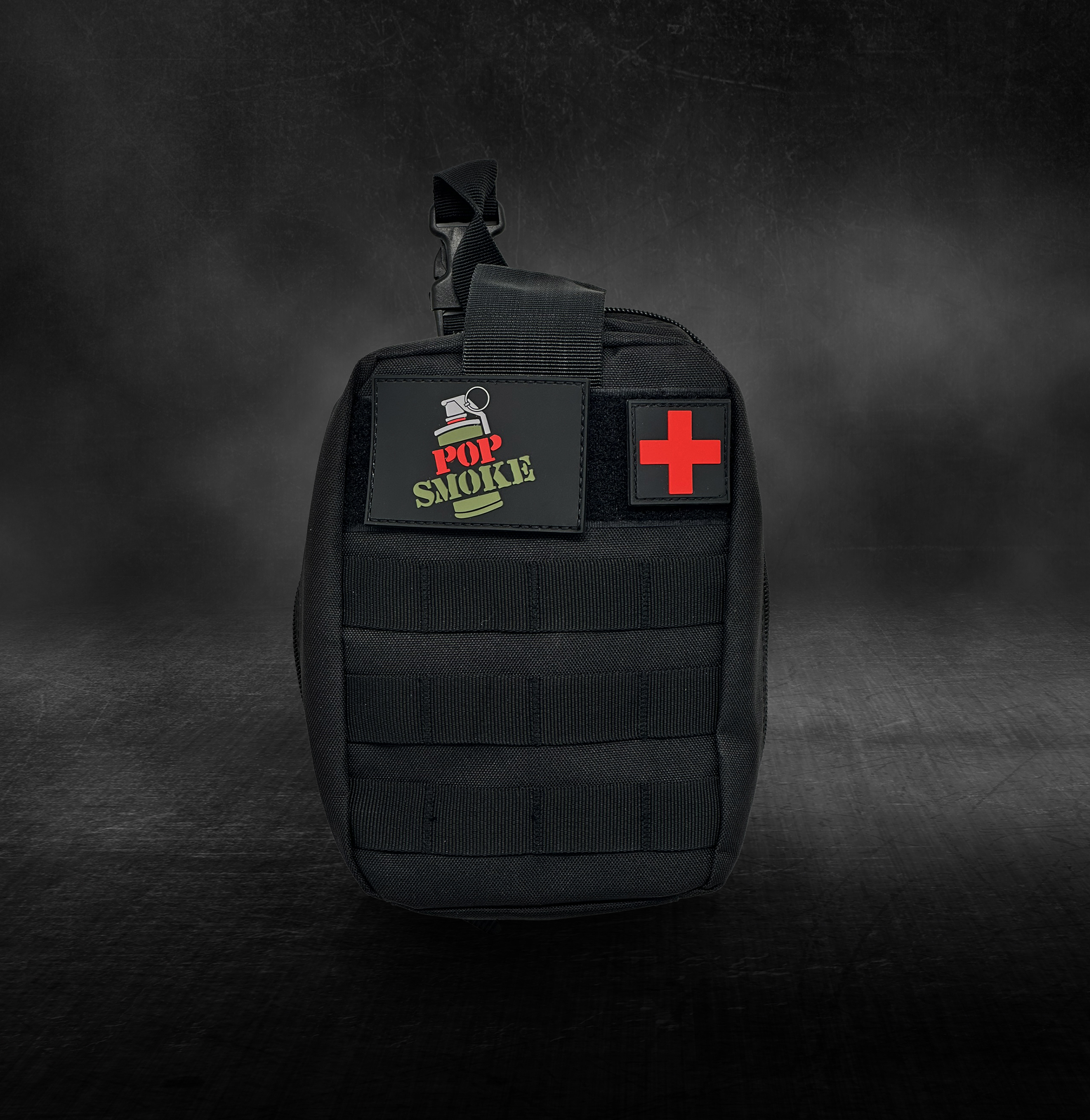



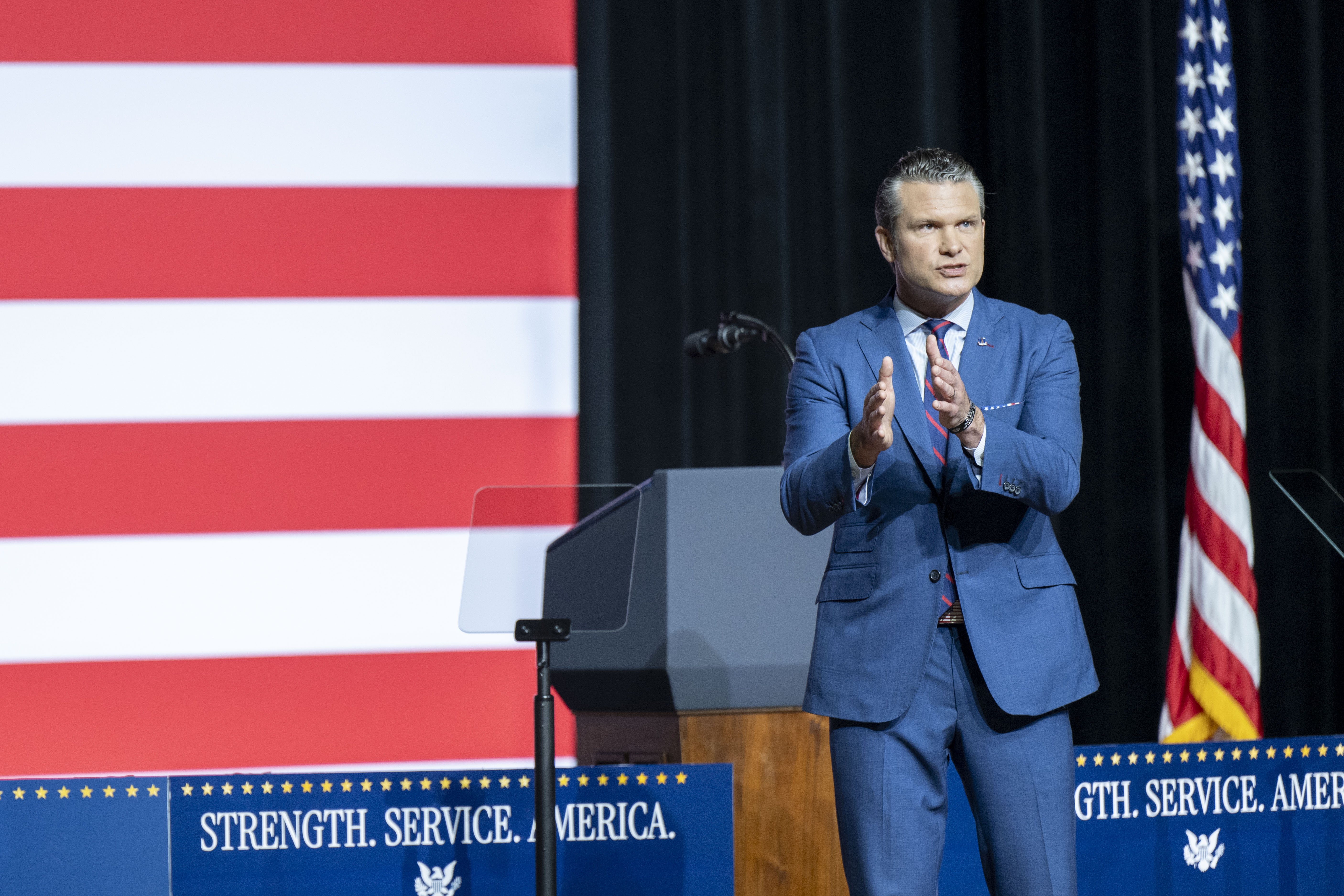
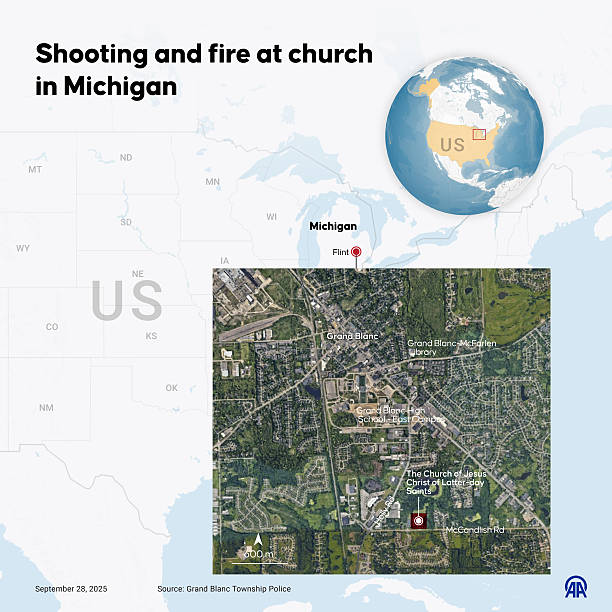
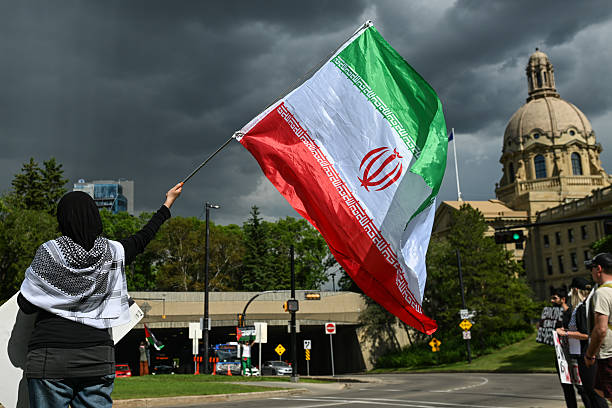
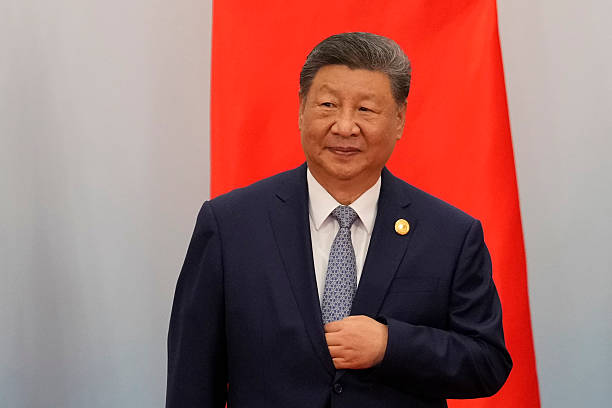
Conversation